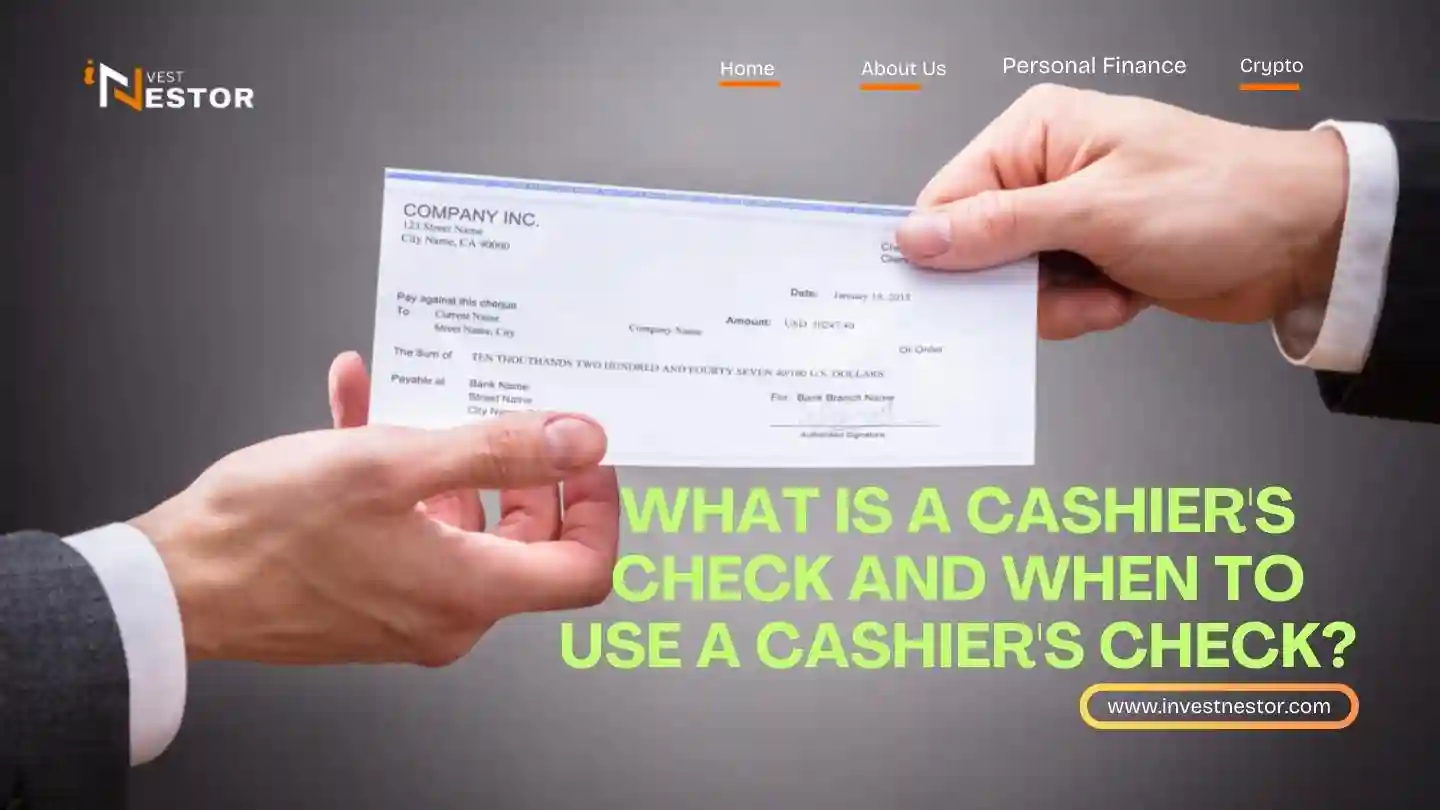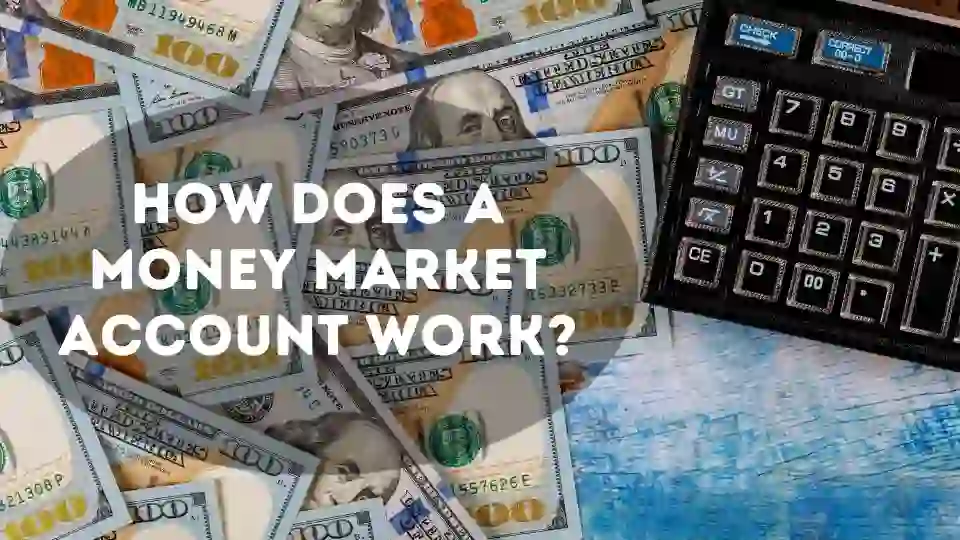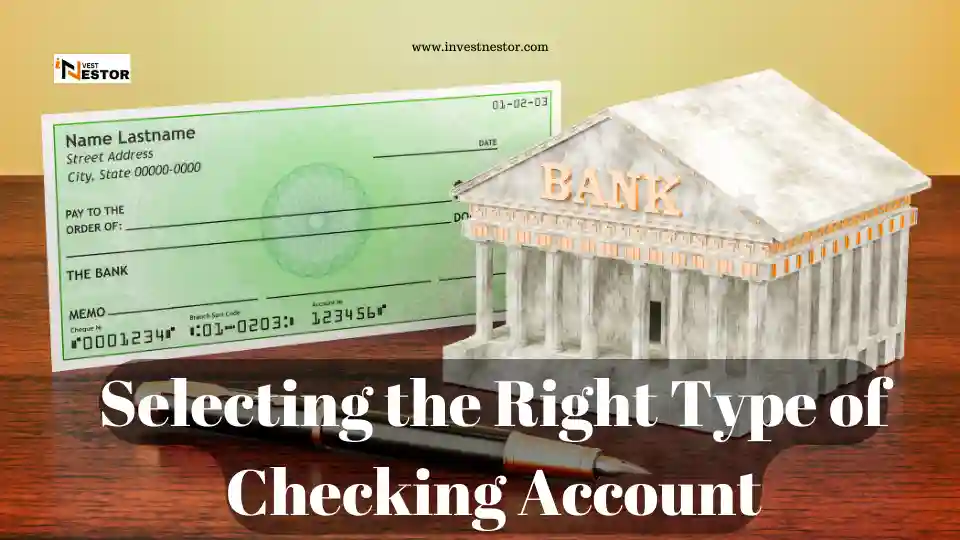
Cashier's Check Benefits, When to Use? Types of Cashier's Check
When you want to make a real estate purchase or a large personal payment, you might be searching for a secure and versatile mode of payment. There are ample options, but does your bank guarantee any payment? Well, one such mode of payment is a Cashier's check. Their popularity is increasing, but still, many people don't know how to get a cashier's check. If you're looking for a significant purchase or a safe and secure way to transfer your funds, the article below has covered everything for you.
Key Highlights
Cashier's checks are one of the secure modes of payment where you can transfer large amounts of funds.
Cashew checks ensure the recipient receives the guaranteed fund at the right time.
Despite being the safest mode of payment, cashier strikes are also liable to scans and fraud.
Before going for a cashier check, you must consider specific needs, budget, and other available options.
What is a Cashier's Check?
A cashier's check is also known as a bank cheque or teller's check, a kind of check provided by a bank or financial institution where the bank guarantees the funds. It is commonly used for large transactions as it is the most secure and reliable form of payment. A cashier's check is created in the issuing bank's name and drawn against its fund. It is guaranteed by the issuing bank and signed by a teller. When you apply for it, the bank transfers the money from your account to the bank's account and completes the check creation process.
A cashier's check is issued by a bank or financial institution, not an individual, adding an extra layer of security as the bank guarantees and assures it. It is often used for large transactions like real state purchases, car sales or making large payments to contractors. Therefore, it is considered a more secure payment than other personal checks or electronic transfers.
If you want to obtain a cashier check, you must first ensure the funds are available in your account or deposit those funds into your account before the check is issued. This is because the funds are guaranteed by the bank and not by the individual. To add the extra layer of security, the Cashier's check gets tracked and recorded by the issuing bank, which makes it easy for them to resolve disputes that might occur in future. It also reduces the risk of fraud as banks verify the check's authenticity.
How does a Cashier's Check work?
To obtain a cashier check, you must visit your bank or other financial institution like Credit Union and request the check. Here, you must provide necessary information like the name of the Payee, the amount on the check and the purpose of the check. You must also provide the funds used to pay for the check.
Once the bank receives the necessary information, it issues the Cashier's check. The bank also deducts the amount that is used for the check and places those funds into its own account, where it guarantees the payment. Here, the bank official signs the check and stamps it with the bank's seal.
After the bank completes the process, then you can endorse the check and give it to the Payee. The Payee then deposits this check into his own account or cashes it at the bank. After the Payee deposits the check, the bank processes it to clear the funds. Getting the amount deposited into the Payee's account might take a few days.
Suggested Articles: What Happens to Your Bank Account After You Die?
Why Would Someone Give a Cashier's Check?
When you want to make large payments, and the person receiving the funds wants reassurance that the check won't bounce, in that case, you need a cashier's check. It provides security as the Payee knows the check won't bounce as it is drawn from the bank's account. It has watermarks and also requires a signature from one or more bank employees, adding an extra layer of security that the check won't be counterfeited. Also, with cashier checks, the funds are available by the next business day after the check was deposited. As your check is written in the name of a bank rather than yours and the teller signs it, the bank guarantees that the payment will be cleared on time.
How to Get a Cashier's Check?
You can get a cashier's check from your bank or credit union. While requesting a cashier check from your bank or credit union, you have to provide information like the Payee's name, check amount, and identity proof, and you also have to make sure that your account has available funds to cover the check amount and bank fee. You can even avoid going to a bank or credit union and request a cashier check online. You can also visit supermarkets, Pharmacies, and other convenience stores that sell Cashier's checks to get one.
Helpful Articles: What Are the Simple Steps to Write a Check Accurately?
How Much Does a Cashier's Check Cost?
You must pay your bank or credit union a fee to get a cashier's check. The fees of some of the largest banks range from $6 to 15 dollars. However, many banks also charge more or less. You can also get a free cashier's check if you already have a premium checking, savings or money market account at your bank.
Can I Correct a Mistake on the Cashier's Check?
You cannot correct the mistake on the Cashier's check. You must understand that the Cashier's check is issued by a bank or financial institution. It is cross-checked by one or two individuals working in the financial institution and sealed and stamped by the bank itself. Therefore, the chances of any mistake on cashier checks appear very nominal, and if there is a mistake, you can't make corrections on the cashier check.
Related Articles: Zelle vs. Wire Transfer: Making the Best Money Transfer Choice
Pros and Cons of Cashier's Check
Explore the pros and cons of using cashier's checks for hassle-free and secure financial transactions.
Pros of Cashier's Check
1- They Guarantee Payments.
As the bank issues the cashier checks, the bank transfers the money from your account to the Payee's account and guarantees payment. As the funds are drawn against the bank account, there is no need to worry about the check being returned for insufficient funds.
2- It Ensures Funds Availability.
Banks make sure the funds are available, and the policies are designed in such a way that it determines when the deposit will clear. It takes five business days to clear the payment or even longer if the deposits are larger. However, as these cashier checks are guaranteed by the bank, they take less time to clear than personal check payments.
3- They Are Highly Secure.
Cashier's checks are specifically designed to reduce the risk that arises in a check payment. As the bank is involved in cashier check payments, it reduces the risk of check fraud and also enhances security provisions like watermarks or prevents them from being fraudulently duplicated. Also, the bank records the amount and check information and traces the check until the payment is cleared.
Cons of Cashier Check
1- They Can Easily Be Counterfeit.
Cashier checks are indeed the most secure mode of payment, but this still can be used in counterfeiting and to steal money from people who solely rely on their security. Scammers can create a look-alike of a cashier's check to pay anyone, and they can only be revealed after when you try to deposit them at your bank.
2- Quick Availability of Funds Can Cause a Problem.
It is good to have funds the day after you deposit the check. However, this can also cause a problem if you withdraw the cash the next day. The bank might find that the cheque was fraudulent a few days later and ask you to pay the money back. In that case, you lose the money someone has paid you, and you still owe the money to the bank.
3- It Comes with the Fees.
There are only a few options where cashier checks are available for free, and this benefit is available only when you have a premium checking account. You usually have to pay around $5 to $15 for a cashier's check.
Editor Picks: How to Get a Certified Check Easily: How Much Does It Cost?
Can You Cancel a Cashier's Check and Get Your Money Back?
It is quite difficult to cancel a cashier's check. However, you may contact your bank to request cancellation of your casual check. In some cases, you may be able to cancel your cashier check; however, it is essential to contact your financial institution immediately. If you are dealing with a loss, theft, or fraud, banks and credit unions may allow cancellation in those cases. Here, you need to file a declaration with your bank that shows you have lost possession of the Cashier's check. You might also be required to purchase an indemnity bond that protects the bank from a lost cashier's check.
Final Words
Cashier's checks are highly secure and reliable payments that the issuing bank guarantees. Despite numerous advantages, it also has some potential drawbacks, as it comes with higher fees and is liable to fraud. However, it is still a valuable tool for managing your finances and providing a secure and reliable way to transfer funds confidently.
Read Also:


 to Your Advantage.webp)



0 Comments
Add a comment